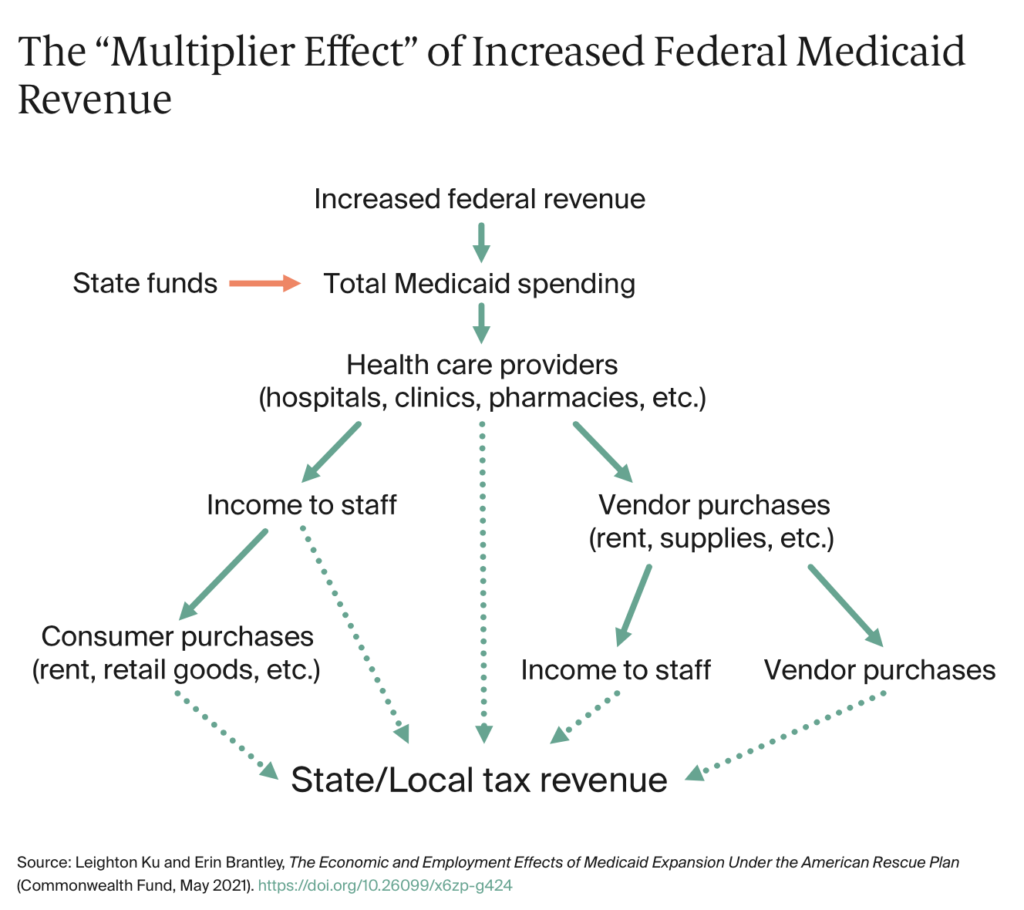By Hailey Gutzmer, Research and Communications Coordinator, Care4Carolina
Before the pandemic, research estimated that 37,200 new jobs would be created in North Carolina by closing the coverage gap. With the impact that the pandemic has had on the economy and job loss, we could guess that job creation would likely be higher now. Thanks to the Commonwealth Fund’s recent report, we can confirm that the number of new jobs that would be created by closing the coverage gap is indeed significantly higher now than pre-pandemic estimates.
In a report released on May 20, 2021, the Commonwealth Fund estimates that closing the coverage gap would now create 83,000 new jobs in North Carolina. This job growth could help get people back to work that have lost their jobs during the pandemic and help rebuild a stronger economy.
When looking at what industries would see the most new jobs created, the report estimates 43,200 new jobs in health care, 6,600 in construction, 9,100 in retail, 1,900 in finance and insurance, and 22,200 in other sectors. This is largely due to the multiplier effect that results from the federal funding that would flow into the state from closing the gap and the connection that other sectors have with the healthcare industry.

As the graphic above shows, closing the coverage gap would not only create more jobs but also would result in higher state and local tax revenues. If North Carolina closed the coverage gap by January of 2022, the state would gain an estimated $141 million in state and local tax revenue by the end of 2022. By 2025, the estimated tax revenue would increase to $168 million.
This boosts the overall state gross product, or size of the state economy, as well as increases personal income for workers in North Carolina. Closing the coverage gap is a smart move for our state’s economy and would help North Carolinians get back on their feet as we work together to recover from the pandemic.
And if the economic benefits are not enough to convince you that this is a wise choice for North Carolina, the Commonwealth Fund also projects that about 621,000 people would gain affordable health coverage by closing the gap. So really, no matter which way you choose to approach this issue, the numbers confirm that closing the coverage gap would be a win for North Carolina.
